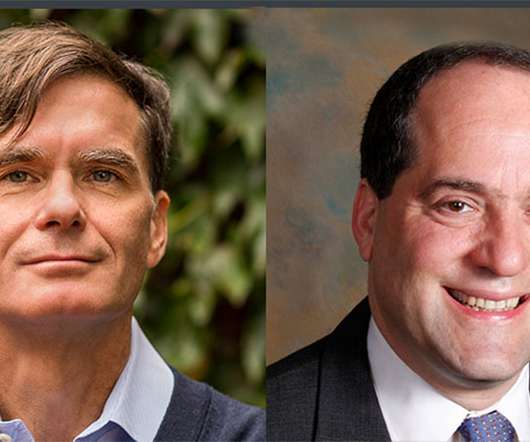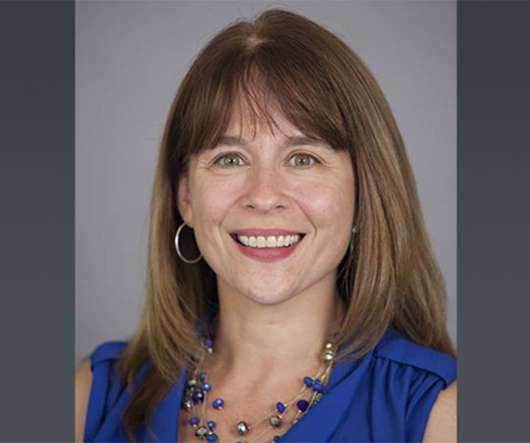Corona Together
StorytellERdoc
MARCH 18, 2020
Regardless of the severity of a patient's illness and diagnosis, time and again I am now witnessing an unsettling fear in their eyes, conveying a belief that somehow Covid-19 is playing a part in their (lack of) well-being. Don't bog down our front-line medical providers with mild symptoms. Wear a mask. Don't touch our faces.












Let's personalize your content